The University Bookman
Reviewing Books that Build Culture
Watch James Panero of the New Criterion discuss “The Urbanity of Russell Kirk” at the 2025 Gerald Russello Memorial Lecture.
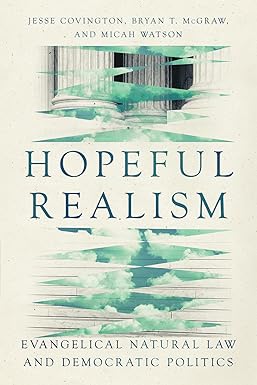
Natural Law and the Need for Moral Clarity
“Christians need clarity on the way their faith shapes their political activity. This ambiguous book fails to provide that clarity.”

Moral Realism Over and Against Contingent Pluralism
“The challenge for… all natural law theorists is the proper ordering and integration of the contingencies of a given culture and the universality of the primary precepts of natural law.”
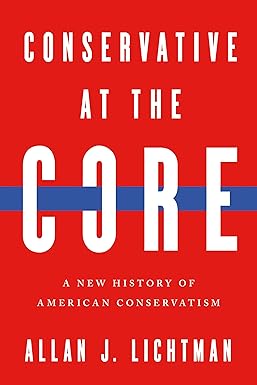
History on Improper Principles
“The condescending attitude—even animus—behind this book is, in fact, among the reasons Trump came to power in the first place. Voters, clearly sick of being sneered at by elites like Lichtman and his colleagues in the established commentariat, have turned to populism as an outlet for their frustrations.”

Man’s Exposed Condition in a World of Severe Conflict
“When Czeslaw Milosz was awarded the Nobel Prize in 1980, he was introduced as a writer ‘who with uncompromising clearsightedness voices man’s exposed condition in a world of severe conflicts.’ As it is, he’s a poet of history whose warnings about despots carry a terrible weight… Here is a man who, from his exile, remembers his European homeland, his Poland, as a place of Gothic cathedrals, of Baroque churches and, yes, ‘synagogues filled with the wailing of a wronged people.’”
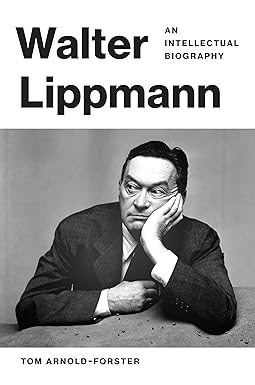
Revisiting Walter Lippmann
“Lippmann sought to be—and was—what might be described today as an influencer. As such, he never sought to wield power, but he long desired to have the ears and eyes of the powerful. Arnold-Forster is certainly not unaware of that. But it is never his central message. If there is such a message in these pages, and there is, it is his effort to make the reader aware that Walter Lippmann, believer in and defender of the efficacy of progressive government, was also Walter Lippmann, believer in and defender of both the reality and importance of empire in general and of the American empire in particular.”
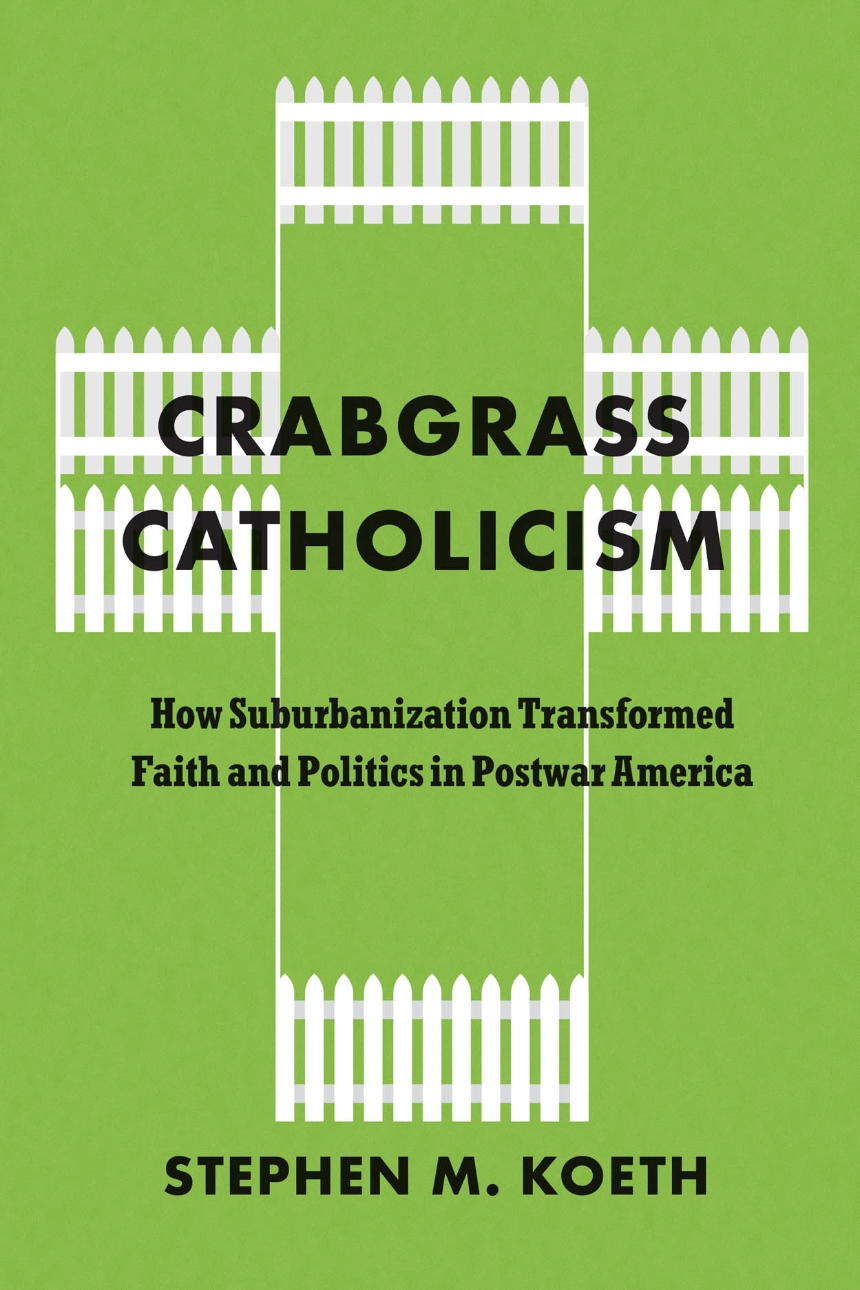
Family Homes and Drive-in Churches
“After the optimism of the suburban boom, it all went bust. Mass attendance fell by 70 percent. Women’s religious life died out. Parochial education was crippled… The green grass of suburbia was starved into a desiccated, brown waste.”

William F. Buckley Jr.: Literary Figure
“…the American public intellectual might best be appreciated as a literary figure. Producing about 350,000 words for publication yearly at the peak of his career, Buckley was never at a loss for what to say or how to say it.”
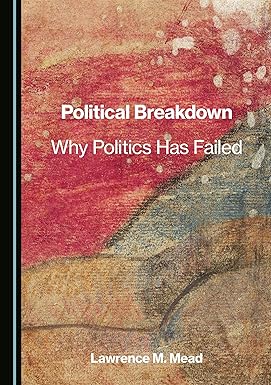
Reality Check for Politics
“…Lawrence Mead throws tact out the window and, instead, lays bare our collective failure to properly and honestly address myriad social changes that have occurred since the 1960s—namely, widening cultural difference and group balkanization; unprecedented levels of immigration from the non-West; and the rise of identitarianism, especially from the social justice-Left.”
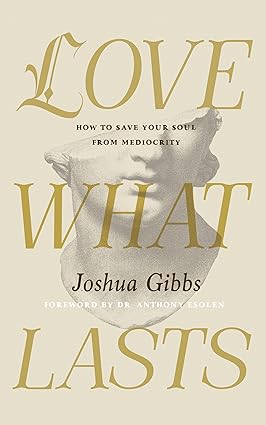
How to Love What is Permanent
“Throughout the book, Gibbs pleads with his readers that we not only think of the soul in terms of salvation but also in terms of health. Good taste won’t save one’s soul. But it will nourish the soul and incline the soul towards virtue much more than the bad taste we will acquire from mediocre things.”
The Book Gallery
A collection of conversations with Bookman editor Luke C. Sheahan and writers and authors of imagination and erudition. Click on the icon in the upper right corner of the video to see more episodes in this series or check out our YouTube page.
